
Experts hold discussions during a session at the Global Strategic Dialogue (2023) in Beijing on Thursday. (WANG ZHUANGFEI/CHINA DAILY)
Strengthening dialogue, cooperation important in uncertain time, forum told
In an increasingly divided and conflict-ridden world, experts called on Thursday for countries to enhance mutual trust, strengthen dialogue and cooperation, and make concerted efforts to promote global stability and peaceful development.
The remarks were made at the Global Strategic Dialogue (2023) session titled "World Changes, Peace and Stability", jointly held in Beijing by the Chinese Academy of Social Sciences and China Daily.
Getachew Engida, former UNESCO deputy director-general and co-president of the China-Africa Leadership Development Institute at Tsinghua University, said that the world is undergoing great changes, characterized by "growing instability and fragility".
"Challenges are steep. Climate change is affecting all societies. Poverty remains enduring, just as inequalities are deepening. … Conflicts are encouraged and often actively promoted as geopolitical instruments to dominate and spur economic growth in specific sectors whose owners have political leverage," said Engida.
"We see the rise of violent extremism, terrorism, hitting societies across the world," he said, calling for more dialogue between different countries and cultures.
"I believe the need for dialogue has never been so important, that is, dialogue for mutual learning — dialogue between and within societies, dialogue between and within generations, dialogue between and within cultures, including faiths and beliefs."
Many attending the session expressed their concerns, saying that the ongoing Russia-Ukraine crisis and the recent outbreak of the Israeli-Palestinian conflict indicate that the world is passing through a period of acute uncertainty, unprecedented changes, and major dislocations.
Zhang Yuyan, chairman of the National Institute for Global Strategy at the Chinese Academy of Social Sciences, said that the two ongoing conflicts, regardless of their outcomes, will no doubt have a profound impact on the future global landscape, adding more uncertainty to the world.
"There is a continuous escalation of rivalry among countries worldwide and the world is heading toward fragmentation," he said.
However, he also pointed out that a broader perspective of peace should be adopted today, because "there are not just traditional conflicts and wars, but also some nontraditional conflicts and security issues".
He mentioned the U.S. move to put Chinese companies on an "unverified list" in October last year, restricting their access to high-end technology.
A researcher from the Washington-based think tank, Center for Strategic and International Studies, had suggested that it is a declaration of "economic war" against China, according to Zhang.
Amid escalating international tensions, this kind of move would undoubtedly have a direct negative impact on global economic development, posing greater risks and more challenges to global integration, he said.
"To address the global divisions, it is vital for us to collaborate and work together in a unified front. This is the utmost priority we should embrace in seeking certainty within an uncertain world," he said.
Grzegorz W. Kolodko, director of the Transformation, Integration and Globalization Economic Research Center at Kozminski University in Poland, called on countries to strengthen trust and enhance mutual understanding to tackle the challenges facing the world.
"The Cold War was over for years,… but now the United States has launched a new 'Cold War' against Russia and China. We must do something that can bring more trust to the world. In this new 'Cold War' between the West, led by the U.S., and the so-called East, we need trust," said Kolodko, who is also the former deputy prime minister and minister of finance of Poland.
Ashok K. Kantha, former Indian ambassador to China, believes that in a world faced with unprecedented changes, China and India should manage differences, expand common interests, and strengthen cooperation.
China-India relations are critical "not only because we are the world's two most populous countries, but also because we are neighbors", he said.
"More importantly, without cooperation between India and China, the challenges facing the world, such as climate issues, epidemic prevention, and counter-terrorism, cannot be effectively solved. We need cooperation … to move away from the current downward trend."









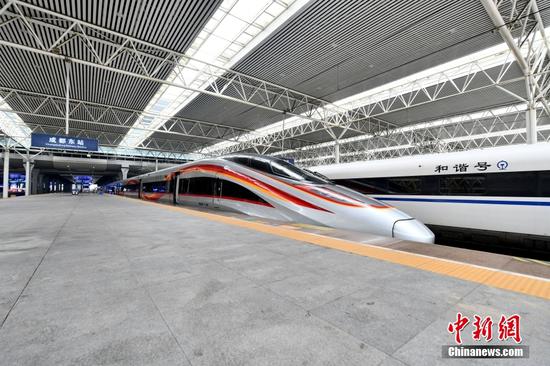
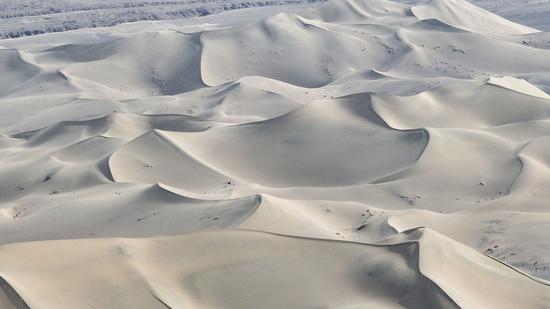

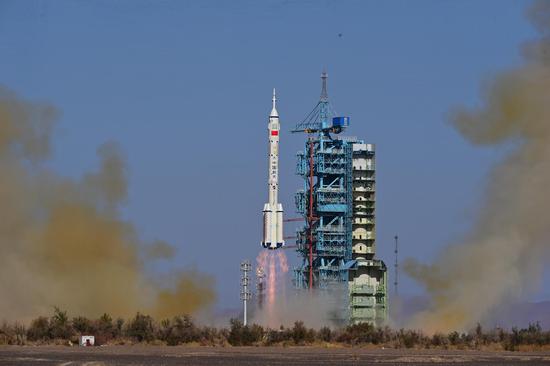
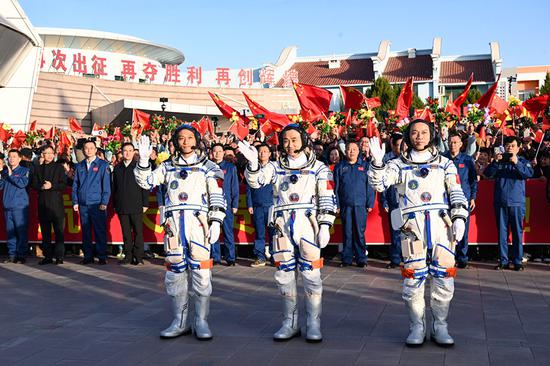
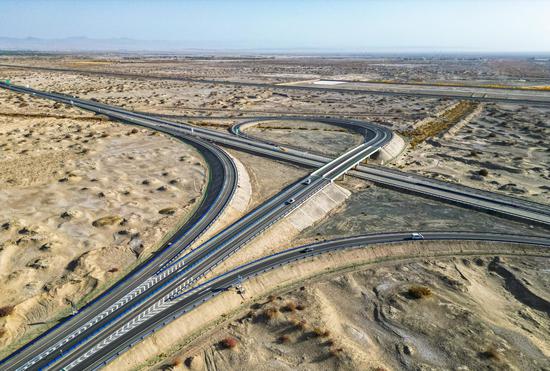
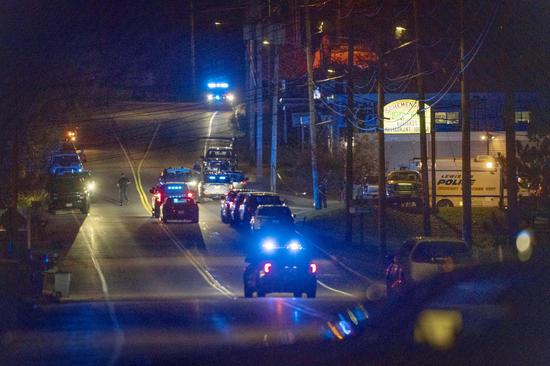
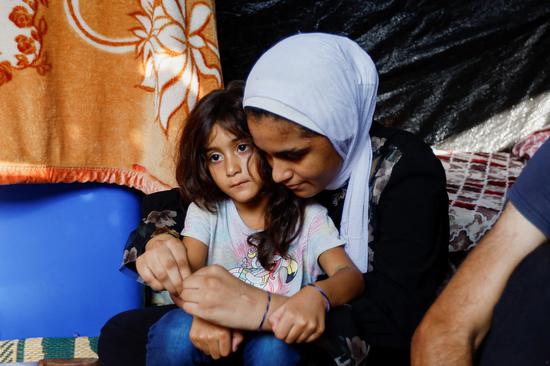
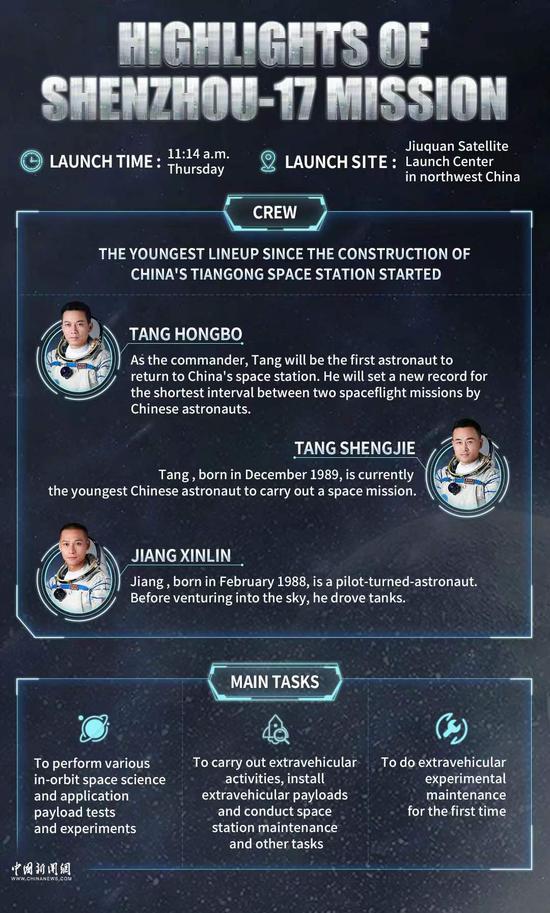
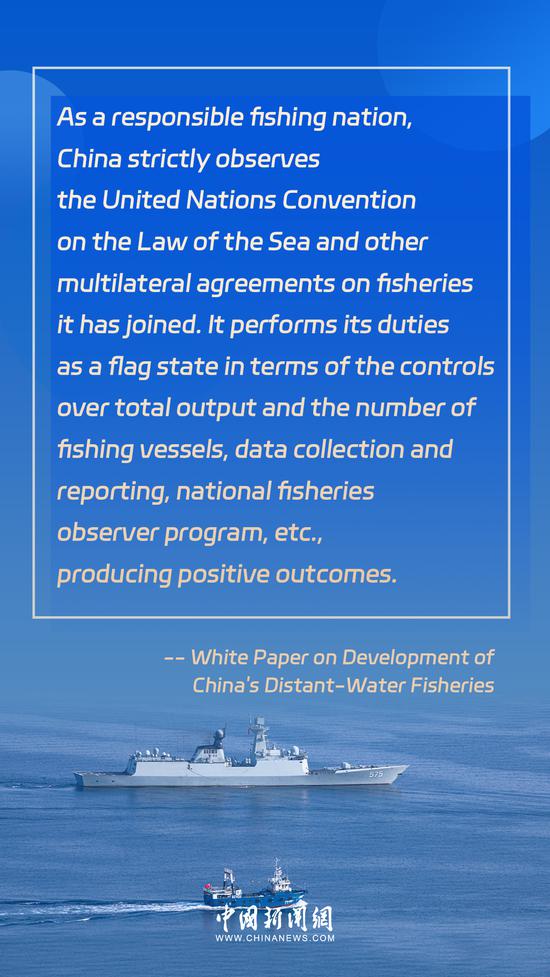
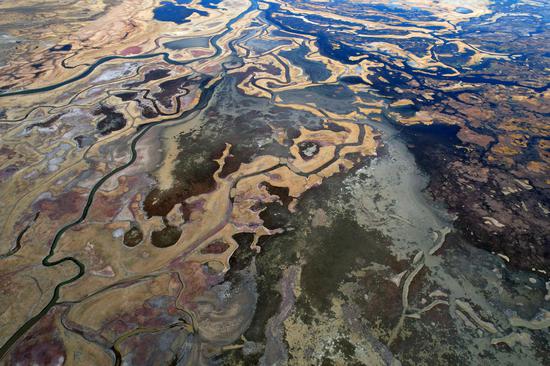

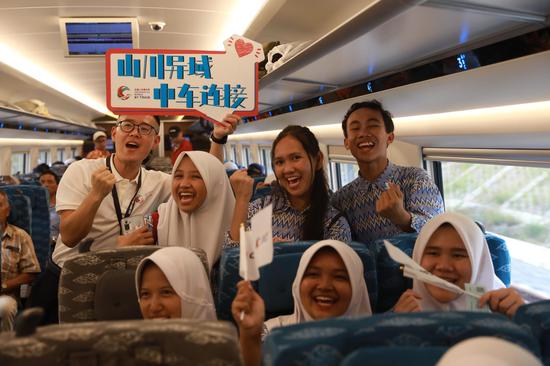
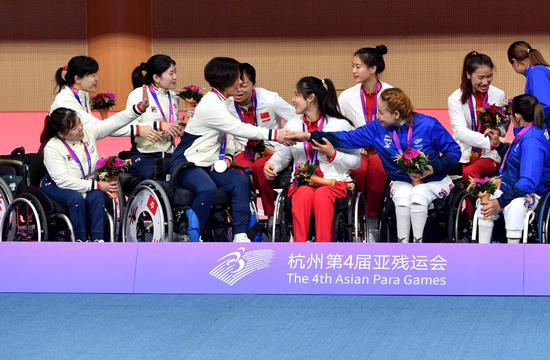
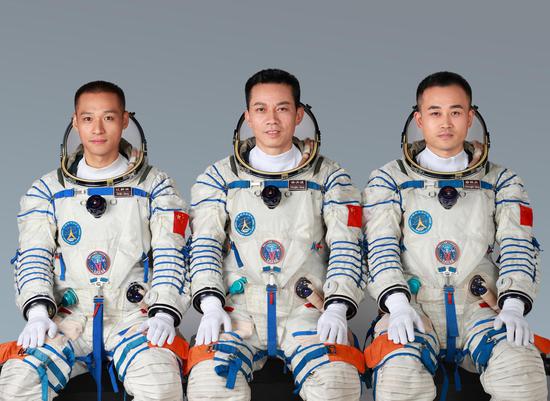
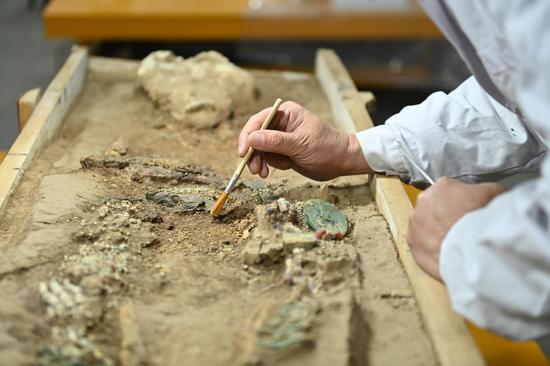
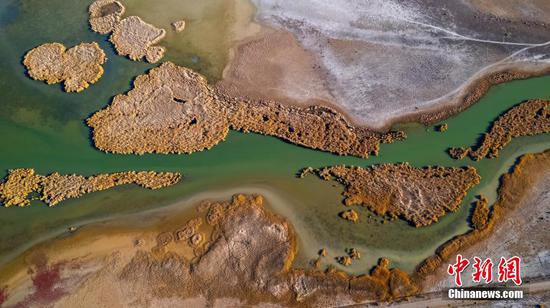
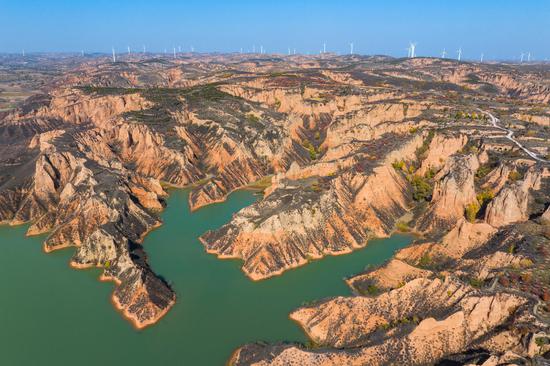
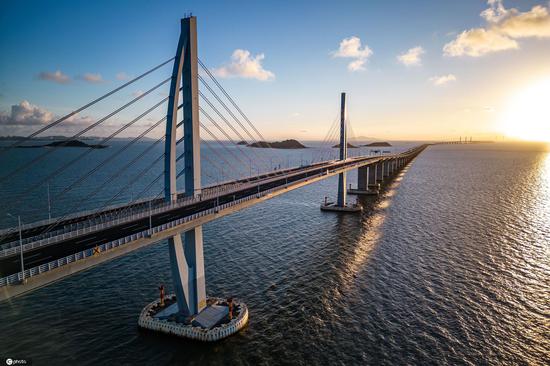
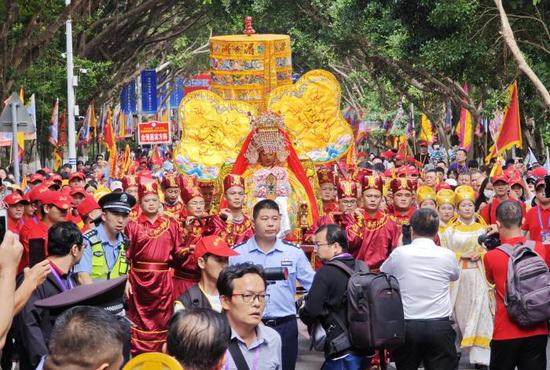
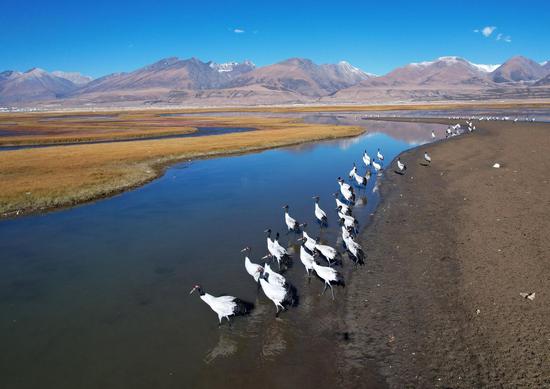
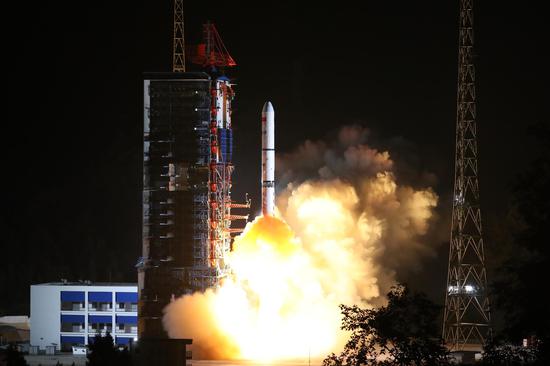
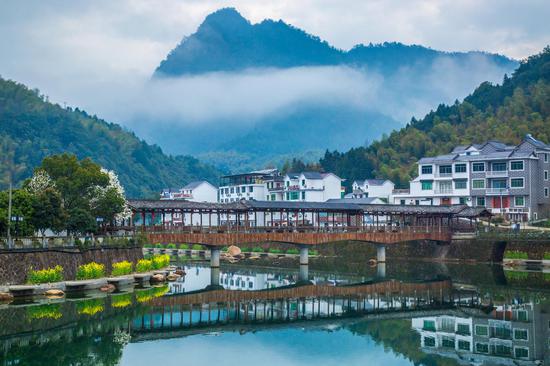
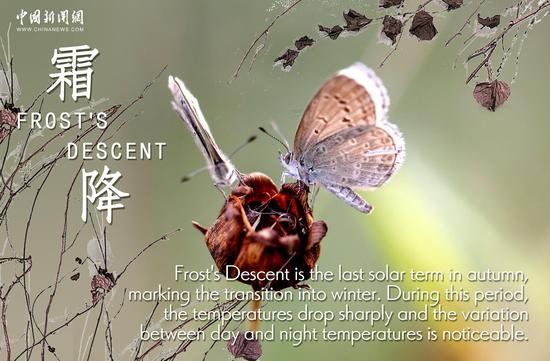
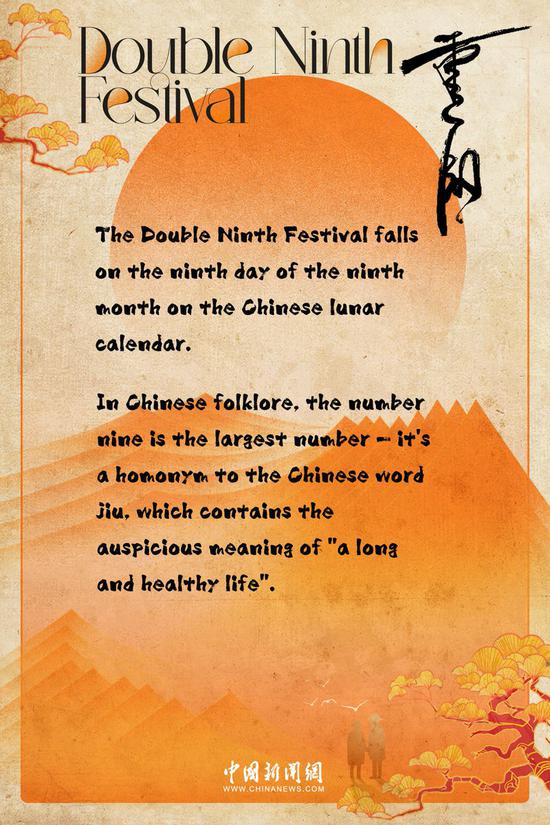

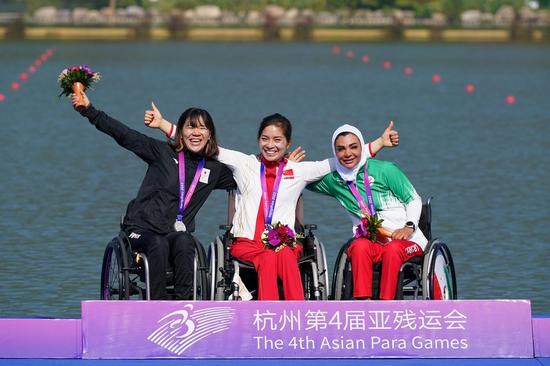

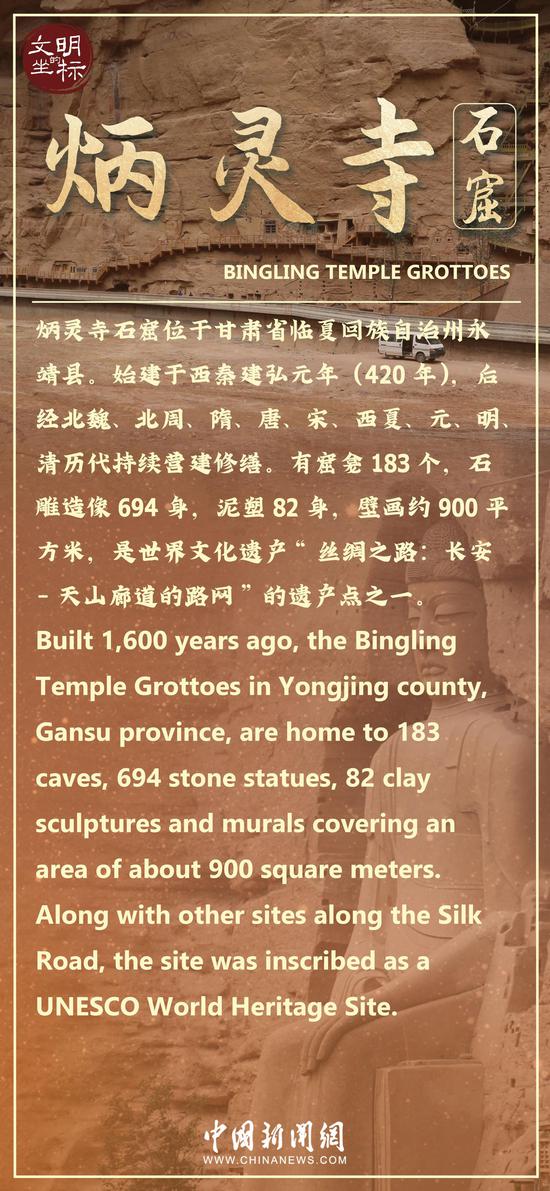
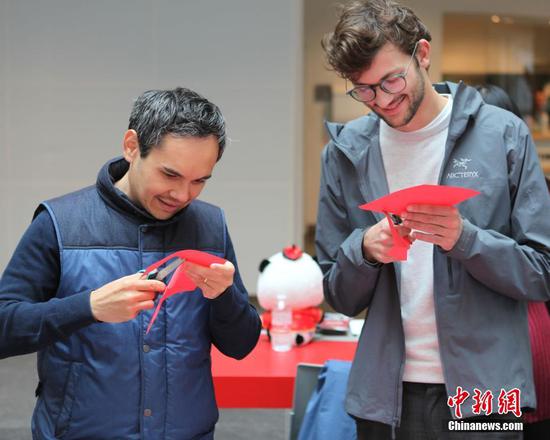
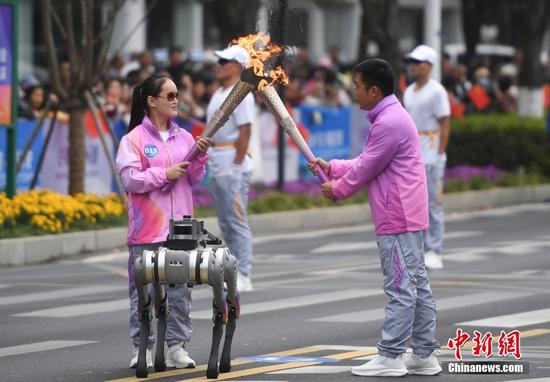

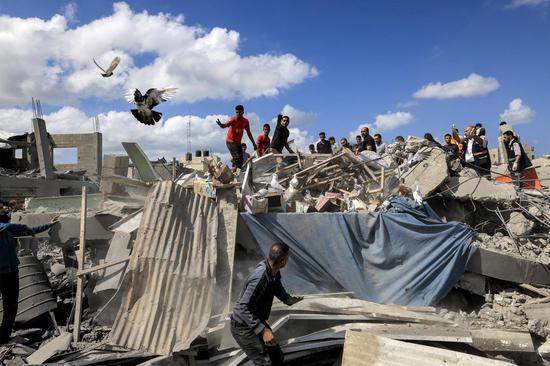

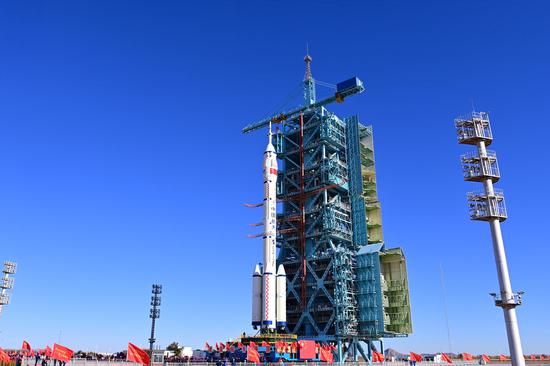
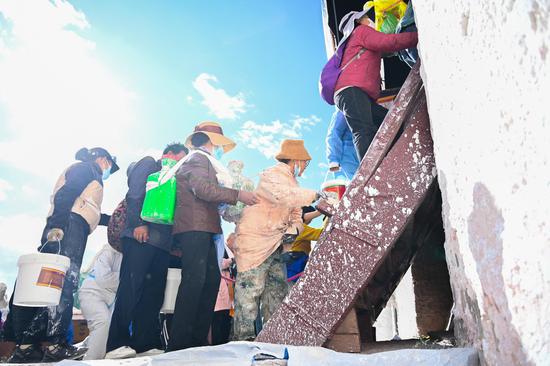





 京公网安备 11010202009201号
京公网安备 11010202009201号